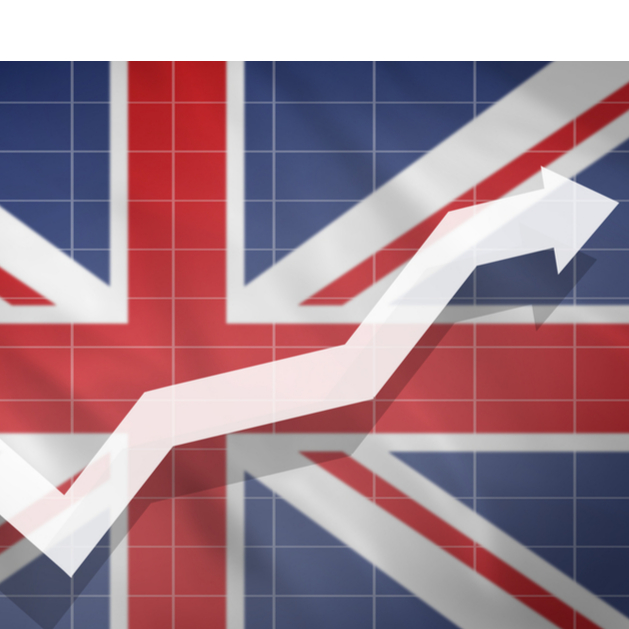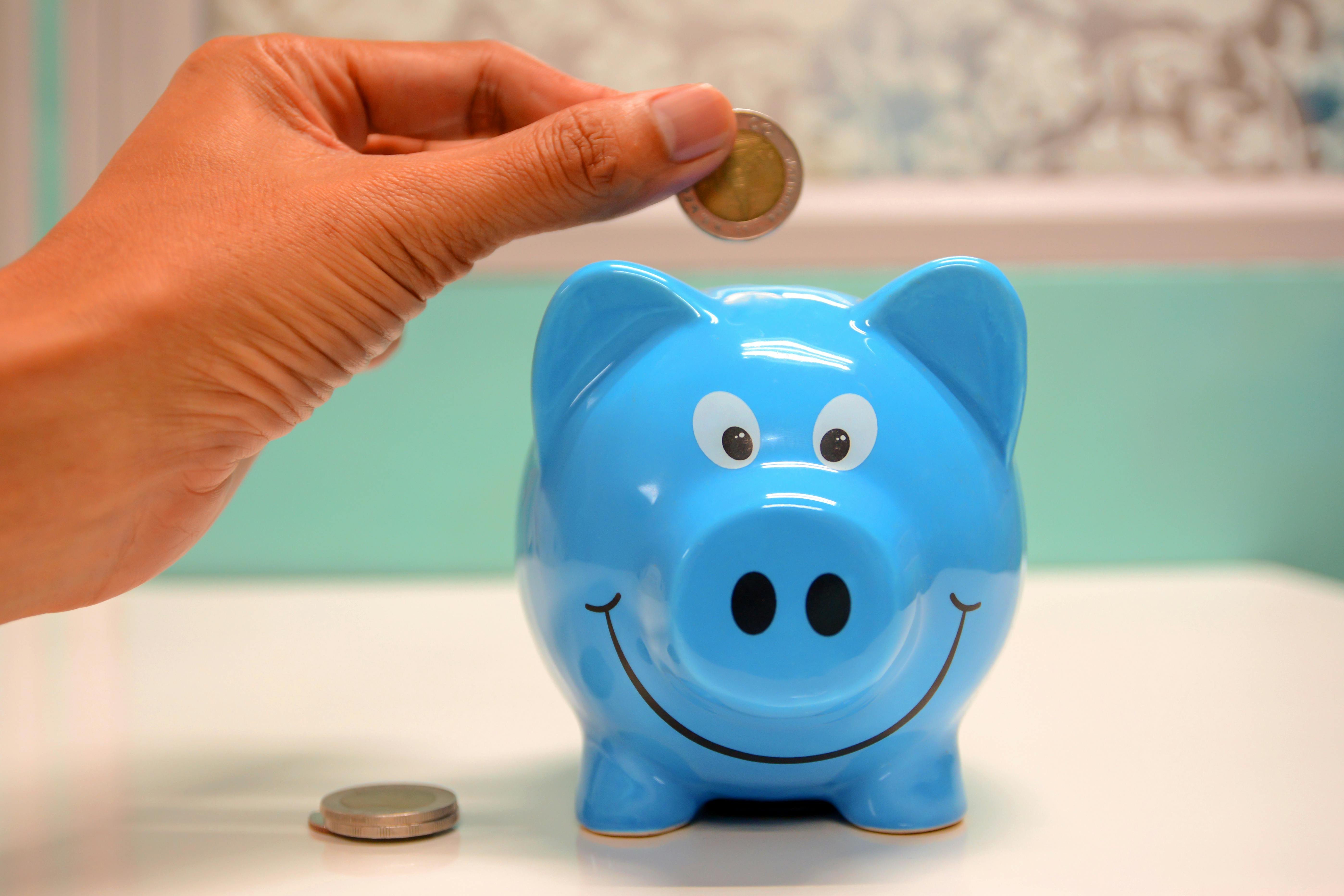The headline rate for the Consumer Prices Index inflation increased to 5.4% in December, a rise from 5.1% in November, and the highest rate in 30 years.
With the Bank of England seeming more hawkish on inflation, interest rates have risen again to 0.5%, at this month’s Monetary Policy Committee meeting. This rise to 0.5%, is the first back-to-back rate increase since 2004. In fact, the MPC narrowly voted 5 to 4 against an even greater rise.
Money markets have been expecting interest rate increases, so they are priced into the markets. They were expecting a rate of 1.25% by the end of 2022.
The last GDP growth reading in November was actually quite strong at 0.9%, but the uncertainty over the full economic impact of Omicron in December and January, and the inflationary pressures from any increase in the energy price cap could yet give the rate-setters pause for thought. It will at least be a close split decision.
So, what does this mean for you?
Savers with cash sitting in deposit accounts should take little comfort from the fact the Bank of England will probably hike its benchmark rate a couple more times this year.
What has happened since the MPC’s rate hike from 0.1% to 0.25% in December? Well, not much on the part of the big banks. Barclays last week became the first high street name to react by raising interest on its Instant Cash ISAs from a measly 0.02-0.05% to 0.05-0.10%, with its’ rivals still paying around 0.01% on easy-access accounts, with two of the UK big banks not even allowing non-current account holders to open easy-access savings.
The big banks are disinterested in attracting savers’ deposits because they are already awash with cash. They have received an influx of savings from better-off households during the pandemic as spending plunged, amounting to an estimated £187 billion in deposits, and before that, they were benefitting from the Bank of England’s Quantitative Easing, where they were effectively given unlimited amounts of money at the Bank of England base rate, so there was no incentive to pay savers a meaningful rate.
Although an interest rate of 1.25% would be the highest for 13 years, it will mean virtually nothing to UK savers. The UK’s leading retail banks do not need savers’ deposits and are likely to decline to pass on base rate hikes in any meaningful way. This is fomenting discontent between savers and banks as the gap between interest rates charged and interest rates received increases.
Even if banks passed on the full rate rises, these are significantly eclipsed by inflation, leaving real returns on cash savings deeply in the red. It is only forecast that the real return on savings will get back to zero, where interest rates equal inflation when savings rates are at 2% and inflation is back at 2% – and that still does not account for taxation. This is still the Government’s target but is an equalisation that is unlikely to happen any time soon.
It all shows the benefit of a balanced portfolio, and that is where your Wealth Strategist can help you understand where your portfolios are currently up to and create a plan
Author
-

Foresight Wealth Strategists have been providing extensive financial planning advice to Hale and the surrounding areas for 25 years - info@foresightws.co.uk
View all posts
















































